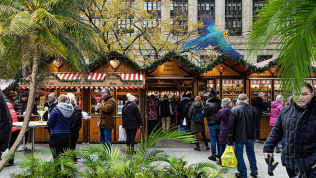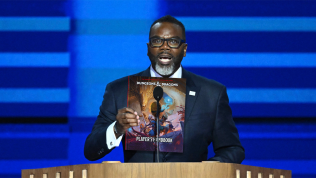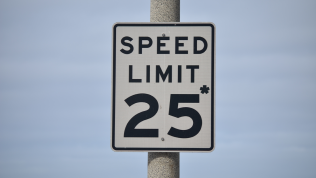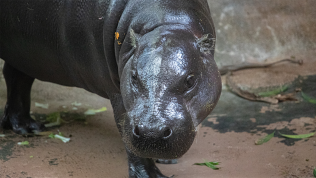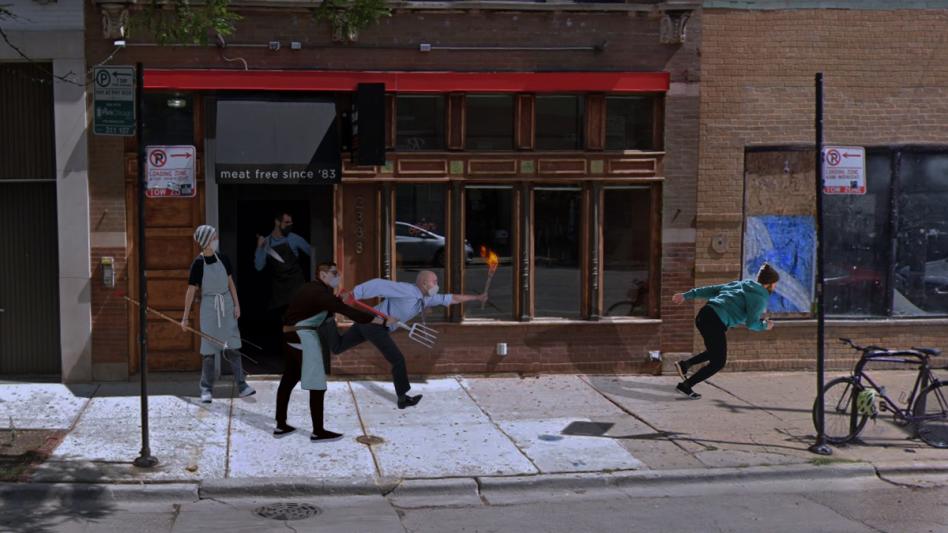
BUCKTOWN — As restaurants reopen for indoor dining, many working in the industry are struggling to protect themselves while protecting their livelihood. When David Kirkman, 37, a bank teller, tried to enter Chay Fratello's Italian Restaurant and BBQ with the rest of his party of four, he was chased from the premises with torches and pitchforks like the plague-ridden interloper he might have been.
“I was just trying to get some dinner,” said Kirkman, still huffing and puffing after running from the mob for several blocks, “and the guy at the door started screaming ‘A 26th person is trying to get in! Drive away the beast, lest we all get the plague!’ I just wanted some mostaccioli diavola. I can’t make it at home, I don’t own any pots!”
Advertisement:
“Rules are rules,” explained a Chay Fratello staff member who insisted on being called “The Man-at-Arms,” “If the mayor says no more than twenty five patrons at a time, then so be it. We shall drive the 26th person who tries to gain entry to this establishment away lest the plague spread. Into the lake if need be!”
“25% capacity shall be our savior!” shouted several dishwashers in unison.
Many have suggested concerns that lower capacity, masked staff and frequent disinfection are not fully effective strategies for preventing the spread of COVID-19, and leaving enforcement and implementation to restaurants makes them even riskier. While many restaurants have started to train employees on disinfection procedures and how to enforce sometimes unpopular rules to customers eager to return to dining.
Advertisement:
“I heard the Thai place down the street from here let in twenty-seven people in and the whole place went up in flames,” said one server at Chay Fratello’s who wanted to be called “Mimsy,” who was busy wiping down a table with a rag she was dipping in a bucket of hand sanitizer. “But we here are followin’ the rules, we are. I hear we’re going to install a portcullis next week should our PPP loan come in!”
For diners and staff alike, navigating a rapidly reopening city means balancing what’s safe with what’s best for the way-more-important economy. For David Kirkman and others like him, though, this is going to mean waiting in line, or being captured and shot into the lake with a catapult.

